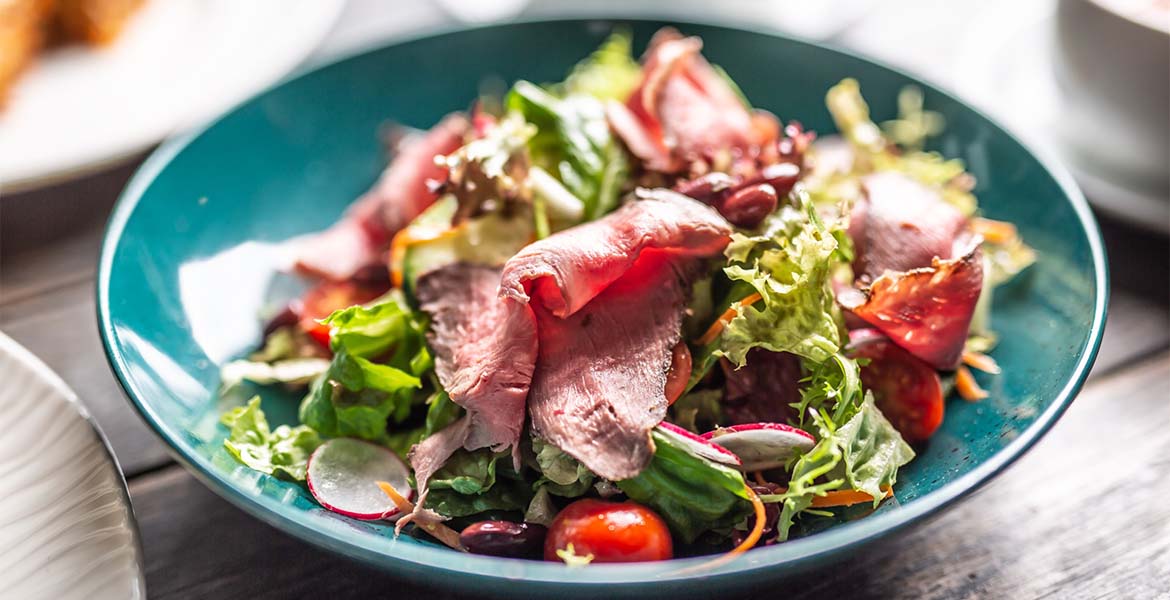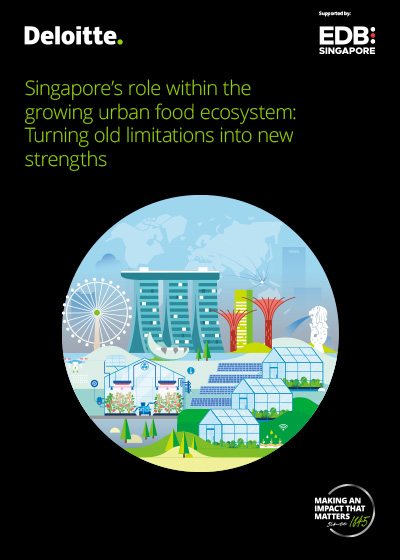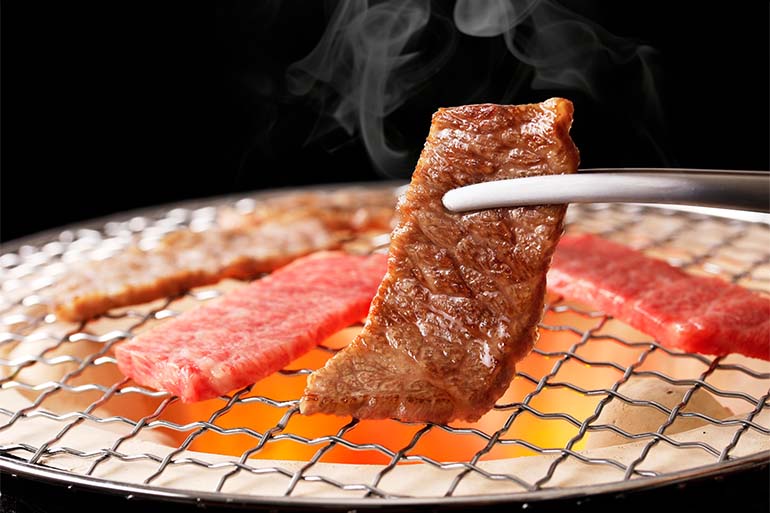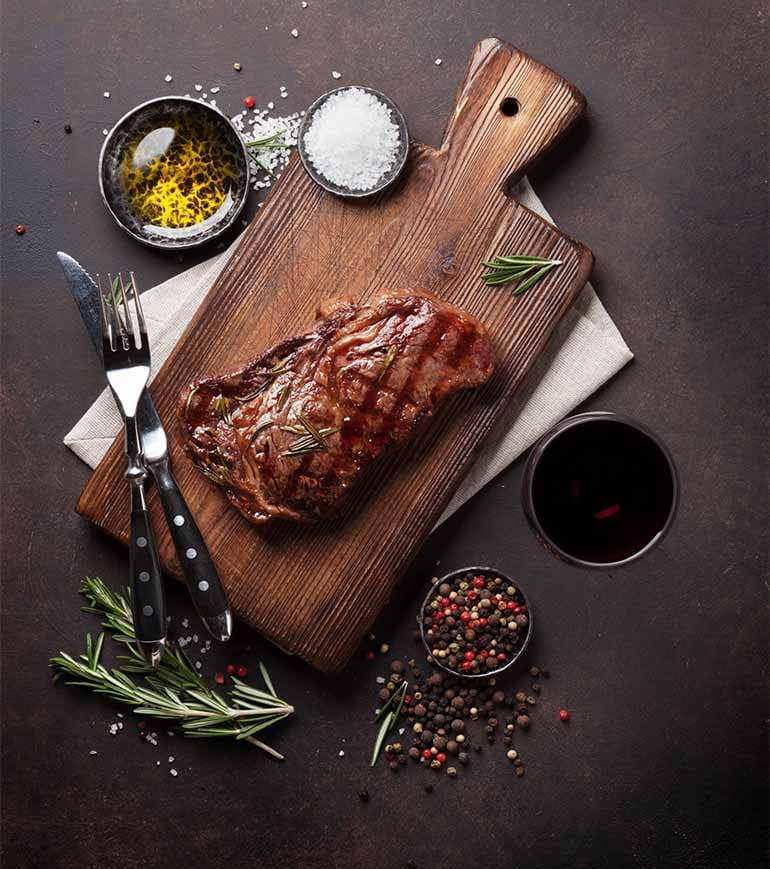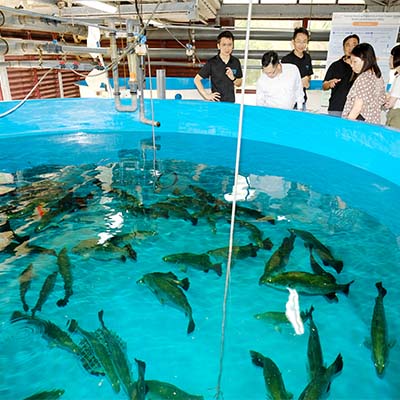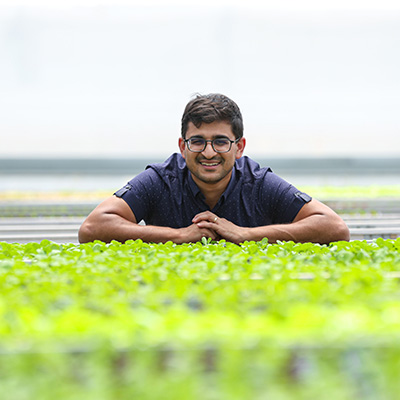A spokesman for Esco Aster said the company is working to get the Changi plant certified by the Singapore Food Agency (SFA).
It now produces small batches of cultivated chicken cells from an 80 sq m space in Ayer Rajah Crescent to help make chicken nuggets, fillets and satay skewers for Good Meat.
As a contract manufacturer, Esco Aster helps to produce cell-based meat and bio-materials for cultivated meat start-ups.
Apart from Good Meat, its clients at Ayer Rajah include Dutch firms Meatable and Mosa Meat, which create pork and beef sausages and patties.
Good Meat’s cell-based chicken is currently served on Thursdays at Huber’s Butchery in Dempsey. The novel food comes as a kebab and in a fried chicken salad.
Good Meat also has an upcoming 30,000 sq ft facility in Bedok Food City which will house a 6,000-litre bioreactor.
The plant is expected to be completed by the first quarter of 2023 and operational by the second half of this year, said Eat Just Vice-President and Head of Global Communications and Public Affairs Andrew Noyes.
A recent analysis by think-tank Good Food Institute APAC showed that investments in cultivated meat firms in the Asia-Pacific increased by 96 per cent, from $48 million in 2021 to $95 million in 2022.
Cell-based meat is made by taking cells from a cow or chicken through a biopsy and multiplying the cells into masses of tissue in large vats called bioreactors.
The bioreactor mimics conditions similar to those inside the body of an animal.
While the largest bioreactors at Esco Aster’s Ayer Rajah site have a capacity of 500 litres, the Changi South Street 1 facility will feature 2,000-litre tanks.
The “bioreactor farm” in the Changi plant will have a total volume of 50,000 litres, said the spokesman.
One of the first clients at the Changi plant will be Israeli firm Aleph Farms, which was the first company to create cultivated steak.
Last Wednesday, Aleph Farms entered into an agreement with Esco Aster to jointly produce its thin-cut steak for Singapore, starting with 10 tonnes to 20 tonnes of cultivated beef a year from 2025.
Aleph Farms Chief Executive and Co-Founder Didier Toubia said his firm is seeking approval from SFA to sell its thin-cut steak in Singapore.
